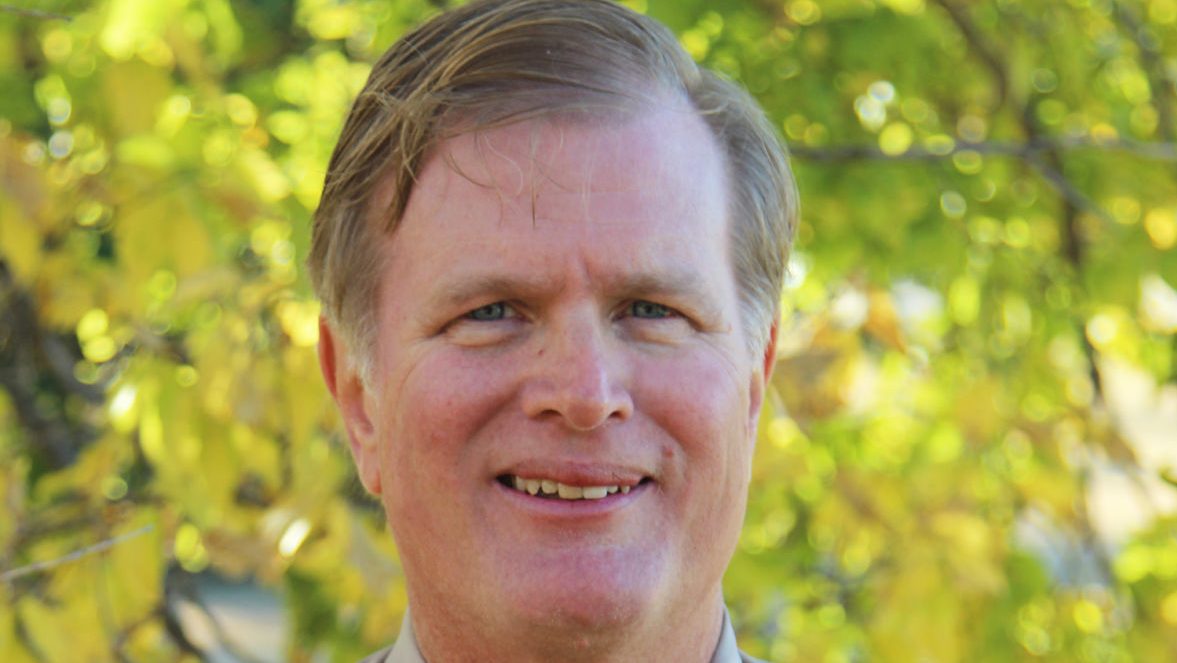Kansans on Jan. 29 will recognize their state heritage in many ways.
Statehood was formalized on that date in 1861. Many residents mark the day without much fanfare, although governors will issue proclamations marking the day and Republicans and Democrats agree they are thankful to live in and serve in their state. Kansas elementary school children, because the state’s birthday is celebrated during the school year, will spend time in the classroom learning more facts about their state they can take home to share with their parents and grandparents.
Kansans are not alone in marking the special day to recognize their statehood as each High Plains state has its own tradition.
Here are the days and years they became states: Arkansas, June 15, 1836; Colorado, Aug. 1, 1876; Iowa, Dec. 28, 1846; Minnesota, May 11, 1858; Nebraska, March 1, 1867; Missouri, Aug. 10, 1821; Montana, Nov. 8, 1889; New Mexico, Jan. 6, 1912; Oklahoma, Nov. 16, 1907; South Dakota, Nov. 2, 1889; Texas, Dec. 29, 1845; and Wyoming, July 10, 1890.
What is remarkable about each state in the High Plains region—often identified as flyover country—is the rubber meets the road in food production and, collectively, they are the backbones that feed the world. Texas, Oklahoma, Missouri, Nebraska, South Dakota, Kansas and Montana lead the nation in the number of beef cows and meat processing plants are located in most of those states. Iowa, Minnesota, Nebraska, Missouri, Oklahoma and South Dakota continue to be leaders in pork production. Milk production is led by Texas, Minnesota and New Mexico.
Kansas is the champion of winter wheat production by a wide margin but Oklahoma, Colorado, Texas, Nebraska and South Dakota are in the top 10.
Corn remains king in Iowa as the state leads the country in production. Nebraska, Minnesota, South Dakota, Kansas and Missouri are also in the top 10. Iowa, Minnesota, Nebraska, South Dakota and Kansas grace the top 10 in soybean production. Texas leads the country in cotton production with Arkansas, Oklahoma and Missouri in the top 10.
None of those impressive milestones could occur without human capital, innovation and technology. Each state has produced giants in core industries too many to name.
Each state that has produced a president deserves extra credit. Those presidents served in challenging times and did so by honing their unique talents in the High Plains. In most cases they were not born into families of wealth and all had an appreciation of their roots. This is a story school children continue to hear today and we all should be thankful.
Of course, we are biased in Kansas as perhaps there is no one more influential than Dwight D. Eisenhower, the nation’s 34th president, from 1953 to1961, who presided over eight years of peace while steering the country away from nuclear conflict. Eisenhower was also the architect of the D-Day invasion in Normandy, France, on June 6, 1944, that freed the world from Nazi Germany. That alone is enough to earn high fives from all Americans.
Ike is not alone; Missouri produced President Harry S. Truman, who authored the famous phrase the “The buck stops here.” His brand of plain talk also earned him praise and no doubt we could use more leaders who are willing to take accountability for their own actions. Not forgotten was his courage to lead the country to end World War II following the death of President Franklin D. Roosevelt and, like Eisenhower, he was able to hold the country together during the height of the Cold War.
Other notables in the presidential chain included Bill Clinton, from Arkansas; Herbert Hoover, from Iowa; and Lyndon B. Johnson, George H.W. Bush and George W. Bush from Texas. Clinton and George W. Bush served two terms each as our country finished the 20th century and began the 21st century. Johnson served the country following the assassination of President John F. Kennedy on Nov. 22, 1963. While often associated with the Vietnam War, Johnson led the country to many social changes and was the driver of why the Civil Rights Act of 1964 and Voting Rights Act of 1965 were approved with widespread bipartisan support.
While Kansans rightfully celebrate their own day with their own unique history, remember the High Plains is filled with their own special days and we can all learn from each other and be the better for it.
Dave Bergmeier can be reached at 620-227-1822 or [email protected].

